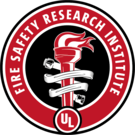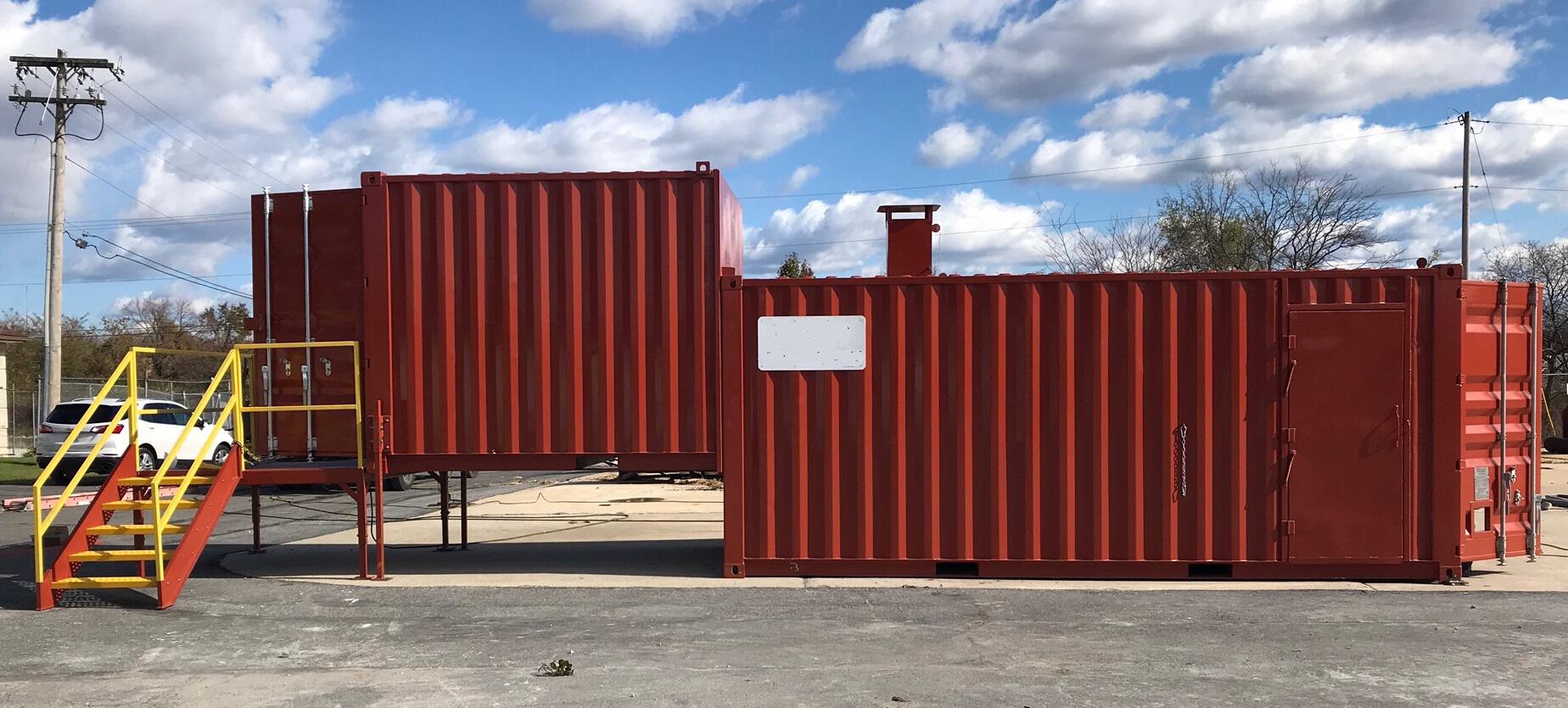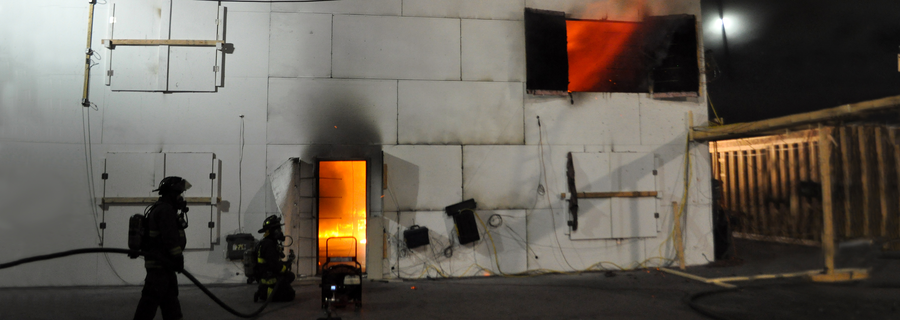Overview:
UL Firefighter Safety Research Institute (FSRI) is conducting a study to reduce firefighter fatalities and injuries through improved understanding of live-fire training risks and benefits. To accomplish this task, UL FSRI will quantify chemical and thermal exposure risks from common training fuels, test potential controls to reduce risk and characterize fire dynamics and firefighting tactics-based learning objectives generated by these environments. The ultimate goal is to provide fact based guidance on training fuel and training environment selection that can be made at fire training academies across the country.
This study will specifically examine the effectiveness of high-level training control measures and the tradeoffs between risks and benefits of using different fuels and props.
Results from this research will equip the fire service to make informed decisions about training fuel selection and prop type/operation to balance contamination control with high quality training, which will provide an immediate, actionable outcome for the fire service to implement.
Project Goal:
To improve the effectiveness and safety of firefighters and fire instructors by providing data, information, and training materials that can be used in firefighter training standards, policies and procedures.



